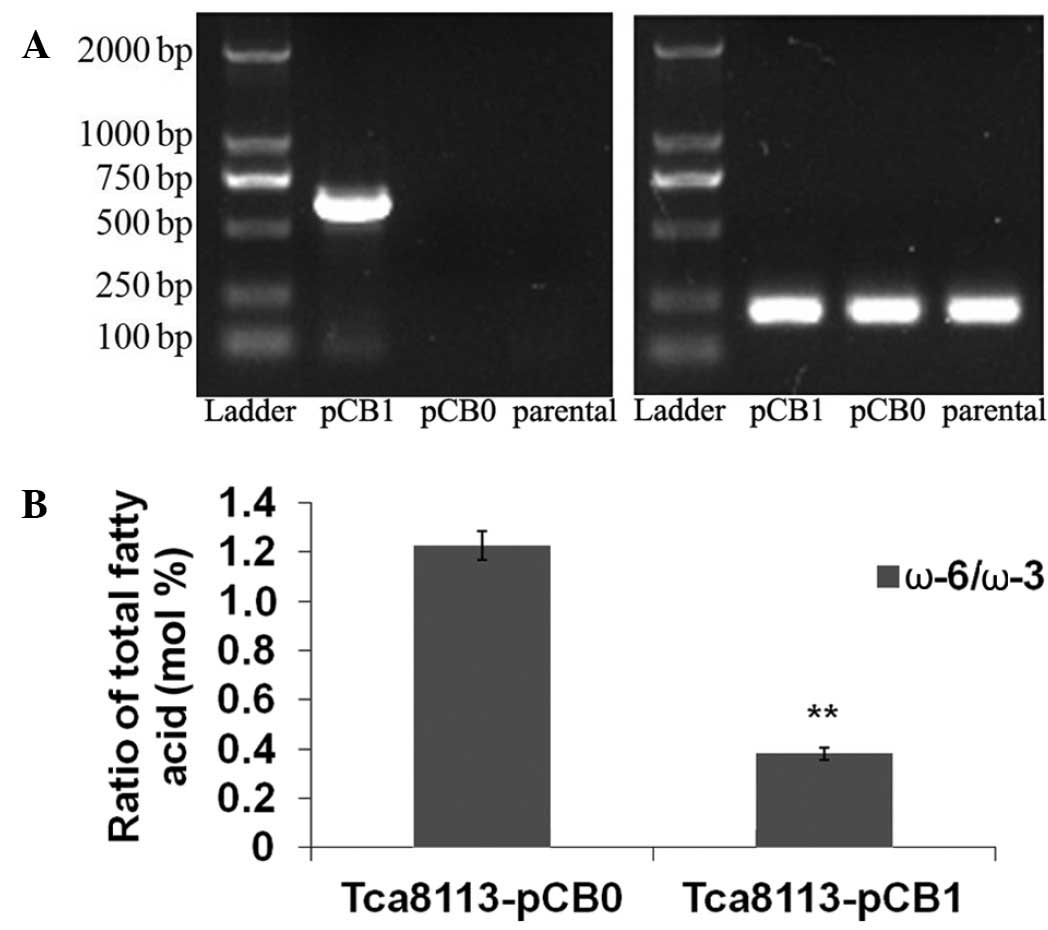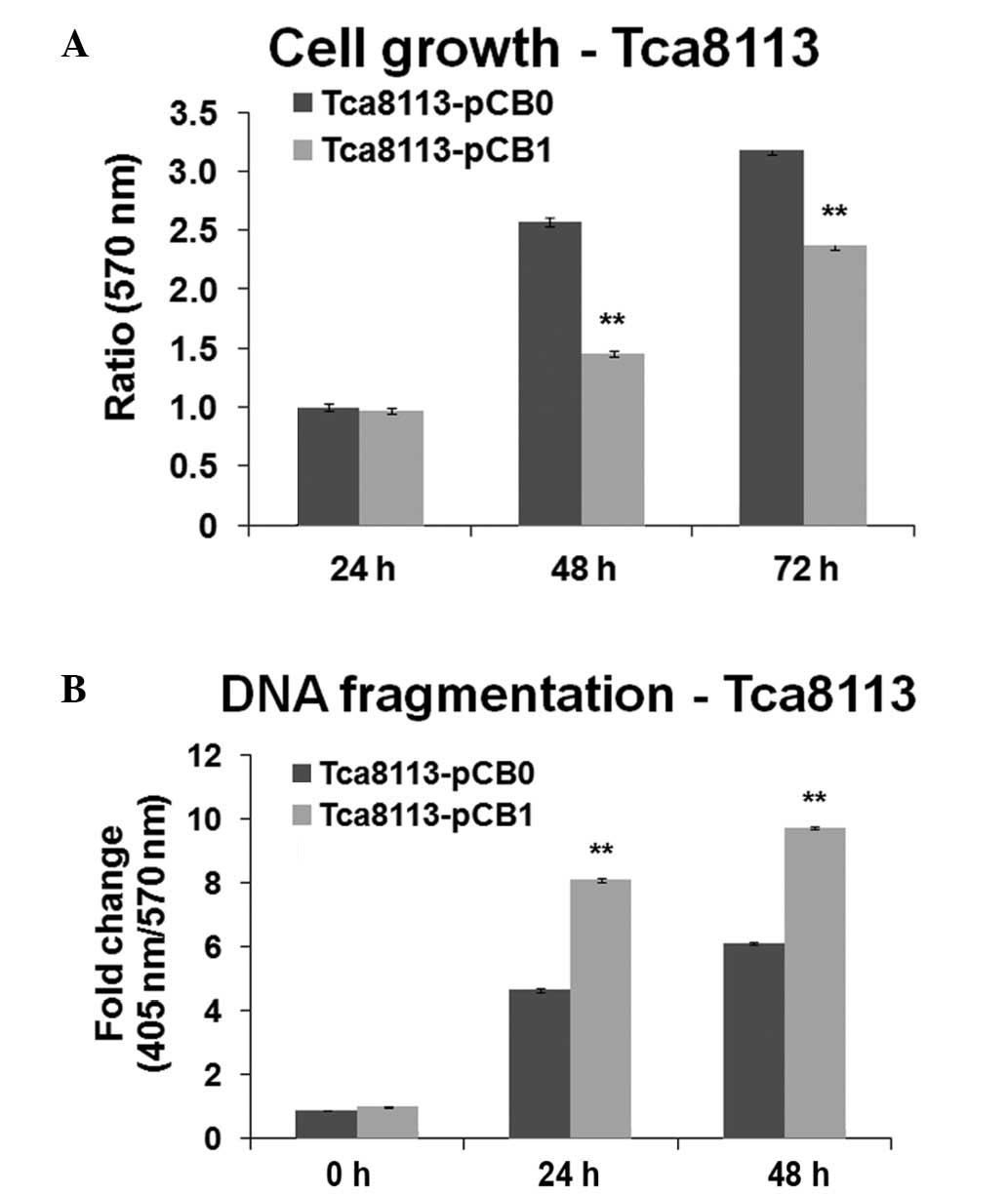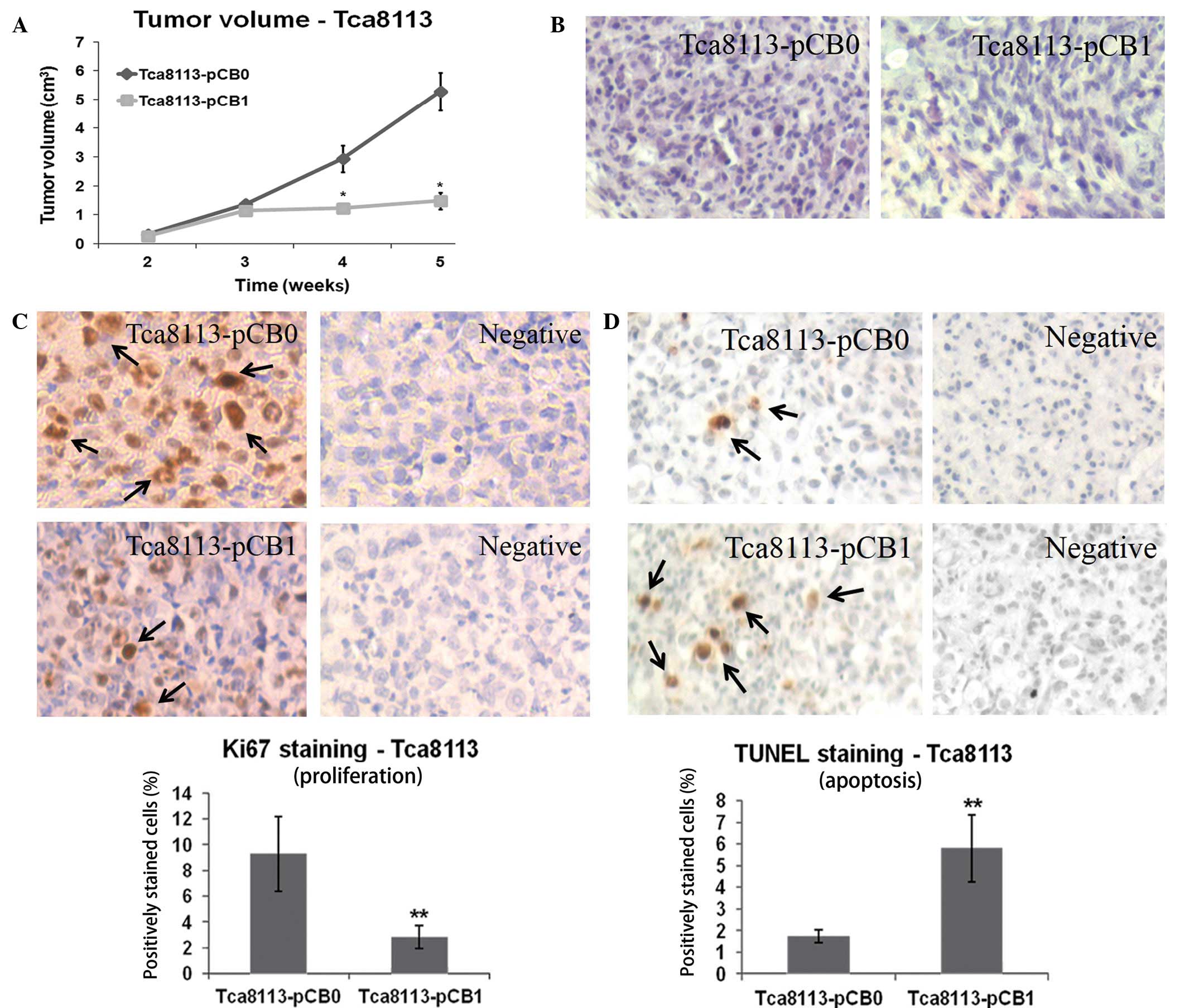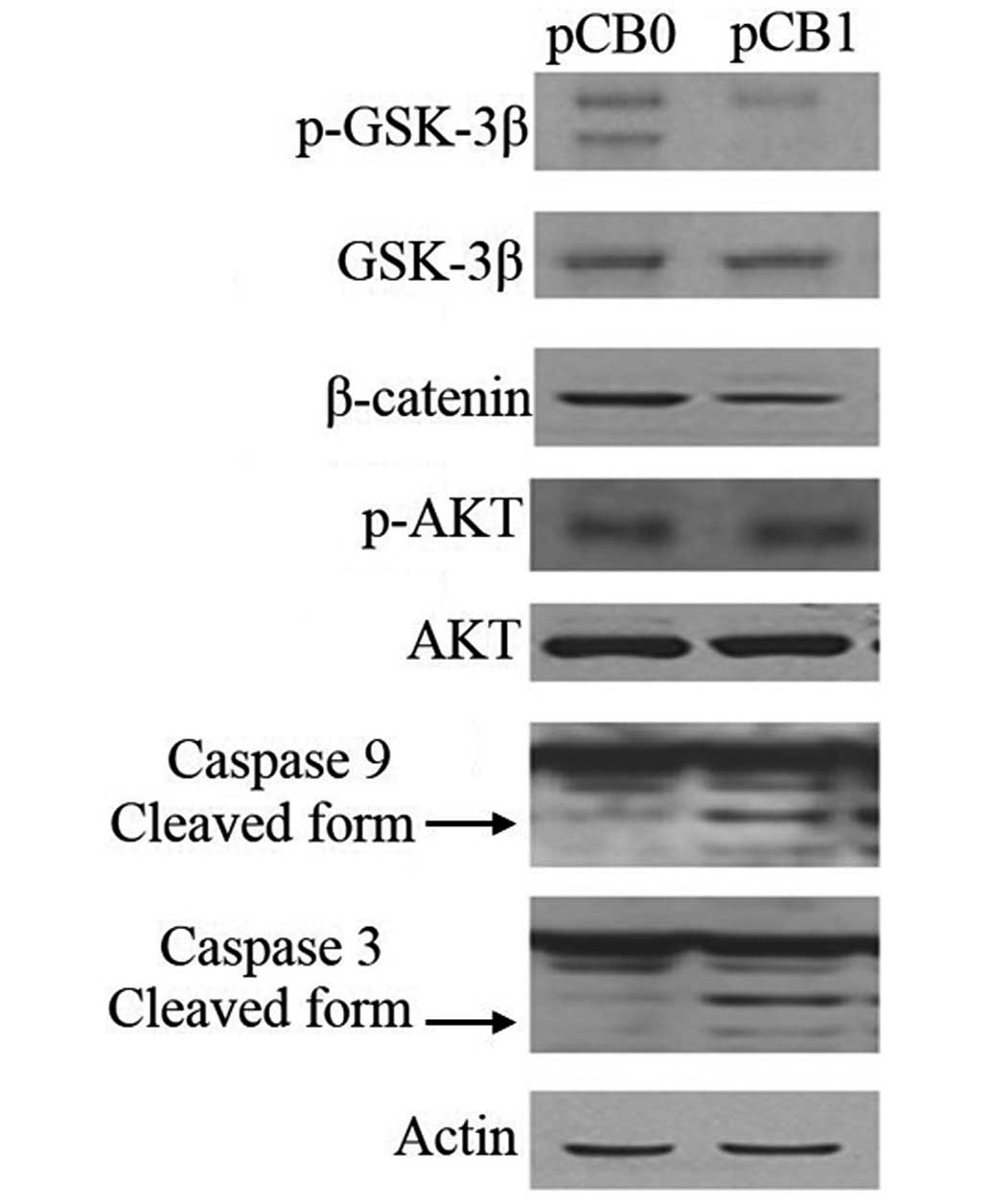|
1
|
Lambert R, Sauvaget C, de Camargo Cancela
M and Sankaranarayanan R: Epidemiology of cancer from the oral
cavity and oropharynx. Eur J Gastroenterol Hepatol. 23:633–641.
2011. View Article : Google Scholar : PubMed/NCBI
|
|
2
|
Bhide SA, Ahmed M, Newbold K, Harrington
KJ and Nutting CM: The role of intensity modulated radiotherapy in
advanced oral cavity carcinoma. J Cancer Res Ther. 8(Suppl 1):
S67–S71. 2012.PubMed/NCBI
|
|
3
|
Khan Z and Bisen PS: Oncoapoptotic
signaling and deregulated target genes in cancers: Special
reference to oral cancer. Biochim Biophys Acta. 1836:123–145.
2013.PubMed/NCBI
|
|
4
|
Braakhuis BJ, Leemans CR and Brakenhoff
RH: A genetic progression model of oral cancer: Current evidence
and clinical implications. J Oral Pathol Med. 33:317–322. 2004.
View Article : Google Scholar : PubMed/NCBI
|
|
5
|
Califano J, van der Riet P, Westra W,
Nawroz H, Clayman G, Piantadosi S, Corio R, Lee D, Greenberg B,
Koch W and Sidransky D: Genetic progression model for head and neck
cancer: Implications for field cancerization. Cancer Res.
56:2488–2492. 1996.PubMed/NCBI
|
|
6
|
Choi S and Myers JN: Molecular
pathogenesis of oral squamous cell carcinoma: Implications for
therapy. J Dent Res. 87:14–32. 2008. View Article : Google Scholar : PubMed/NCBI
|
|
7
|
Hardman WE: (n-3) fatty acids and cancer
therapy. J Nutr. 134(Suppl): 3427S–3430S. 2004.PubMed/NCBI
|
|
8
|
Larsson SC, Kumlin M, Ingelman-Sundberg M
and Wolk A: Dietary long-chain n-3 fatty acids for the prevention
of cancer: A review of potential mechanisms. Am J Clin Nutr.
79:935–945. 2004.PubMed/NCBI
|
|
9
|
Nikolakopoulou Z, Nteliopoulos G,
Michael-Titus AT and Parkinson EK: Omega-3 polyunsaturated fatty
acids selectively inhibit growth in neoplastic oral keratinocytes
by differentially activating ERK1/2. Carcinogenesis. 34:2716–2725.
2013. View Article : Google Scholar : PubMed/NCBI
|
|
10
|
Gago-Dominguez M, Yuan JM, Sun CL, Lee HP
and Yu MC: Opposing effects of dietary n-3 and n-6 fatty acids on
mammary carcinogenesis: The Singapore Chinese Health Study. Br J
Cancer. 89:1686–1692. 2003. View Article : Google Scholar : PubMed/NCBI
|
|
11
|
Maillard V, Bougnoux P, Ferrari P, Jourdan
ML, Pinault M, Lavillonnière F, Body G, Le Floch O and Chajès V:
N-3 and N-6 fatty acids in breast adipose tissue and relative risk
of breast cancer in a case-control study in Tours, France. Int J
Cancer. 98:78–83. 2002. View Article : Google Scholar : PubMed/NCBI
|
|
12
|
Simonsen N, van't Veer P, Strain JJ,
Martin-Moreno JM, Huttunen JK, Navajas JF, Martin BC, Thamm M,
Kardinaal AF, Kok FJ and Kohlmeier L: Adipose tissue omega-3 and
omega-6 fatty acid content and breast cancer in the EURAMIC study.
European Community Multicenter Study on Antioxidants, Myocardial
Infarction, and Breast Cancer. Am J Epidemiol. 147:342–352. 1998.
View Article : Google Scholar : PubMed/NCBI
|
|
13
|
Xia SH, Wang J and Kang JX: Decreased
n-6/n-3 fatty acid ratio reduces the invasive potential of human
lung cancer cells by downregulation of cell
adhesion/invasion-related genes. Carcinogenesis. 26:779–784. 2005.
View Article : Google Scholar : PubMed/NCBI
|
|
14
|
Ge Y, Chen Z, Kang ZB, Cluette-Brown J,
Laposata M and Kang JX: Effects of adenoviral gene transfer of
C. elegans n-3 fatty acid desaturase on the lipid profile
and growth of human breast cancer cells. Anticancer Res. 22(2A):
537–543. 2002.PubMed/NCBI
|
|
15
|
Xia S, Lu Y, Wang J, He C, Hong S, Serhan
CN and Kang JX: Melanoma growth is reduced in fat-1 transgenic
mice: Impact of omega-6/omega-3 essential fatty acids. Proc Natl
Acad Sci USA. 103:12499–12504. 2006. View Article : Google Scholar : PubMed/NCBI
|
|
16
|
Bligh EG and Dyer WJ: A rapid method of
total lipid extraction and purification. Can J Biochem Physiol.
37:911–917. 1959. View
Article : Google Scholar : PubMed/NCBI
|
|
17
|
Lu Y, Nie D, Witt WT, Chen Q, Shen M, Xie
H, Lai L, Dai Y and Zhang J: Expression of the fat-1 gene
diminishes prostate cancer growth in vivo through enhancing
apoptosis and inhibiting GSK-3 beta phosphorylation. Mol Cancer
Ther. 7:3203–3211. 2008. View Article : Google Scholar : PubMed/NCBI
|
|
18
|
Veeman MT, Axelrod JD and Moon RT: A
second canon. Functions and mechanisms of beta-catenin-independent
Wnt signaling. Dev Cell. 5:367–377. 2003. View Article : Google Scholar : PubMed/NCBI
|
|
19
|
Bovolenta P, Rodriguez J and Esteve P:
Frizzled/RYK mediated signalling in axon guidance. Development.
133:4399–4408. 2006. View Article : Google Scholar : PubMed/NCBI
|
|
20
|
Clevers H: Wnt/beta-catenin signaling in
development and disease. Cell. 127:469–480. 2006. View Article : Google Scholar : PubMed/NCBI
|
|
21
|
Gordon MD and Nusse R: Wnt signaling:
Multiple pathways, multiple receptors, and multiple transcription
factors. J Biol Chem. 281:22429–22433. 2006. View Article : Google Scholar : PubMed/NCBI
|
|
22
|
Hoppler S and Kavanagh CL: Wnt signalling:
Variety at the core. J Cell Sci. 120:385–393. 2007. View Article : Google Scholar : PubMed/NCBI
|
|
23
|
Lim K, Han C, Dai Y, Shen M and Wu T:
Omega-3 polyunsaturated fatty acids inhibit hepatocellular
carcinoma cell growth through blocking beta-catenin and
cyclooxygenase-2. Mol Cancer Ther. 8:3046–3055. 2009. View Article : Google Scholar : PubMed/NCBI
|
|
24
|
Moon RT, Kohn AD, De Ferrari GV and Kaykas
A: WNT and beta-catenin signalling: Diseases and therapies. Nat Rev
Genet. 5:691–701. 2004. View
Article : Google Scholar : PubMed/NCBI
|
|
25
|
Chim CS, Pang R, Fung TK, Choi CL and
Liang R: Epigenetic dysregulation of Wnt signaling pathway in
multiple myeloma. Leukemia. 21:2527–2536. 2007. View Article : Google Scholar : PubMed/NCBI
|
|
26
|
White BD, Chien AJ and Dawson DW:
Dysregulation of Wnt/β-catenin signaling in gastrointestinal
cancers. Gastroenterology. 142:219–232. 2012. View Article : Google Scholar : PubMed/NCBI
|


















